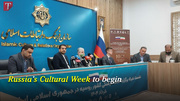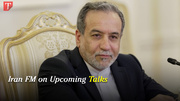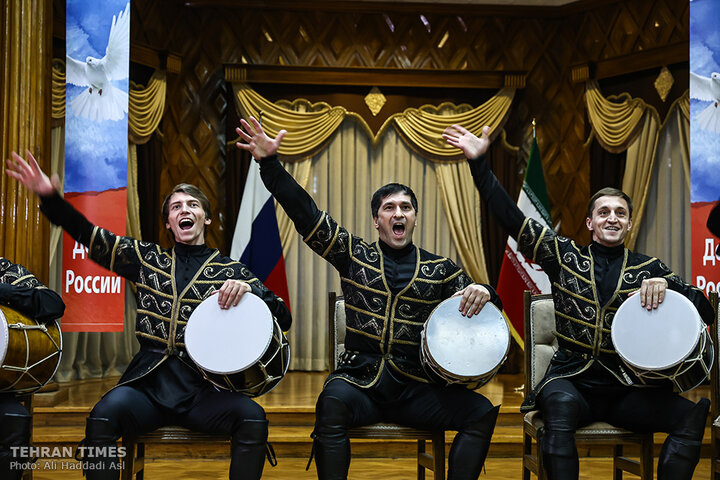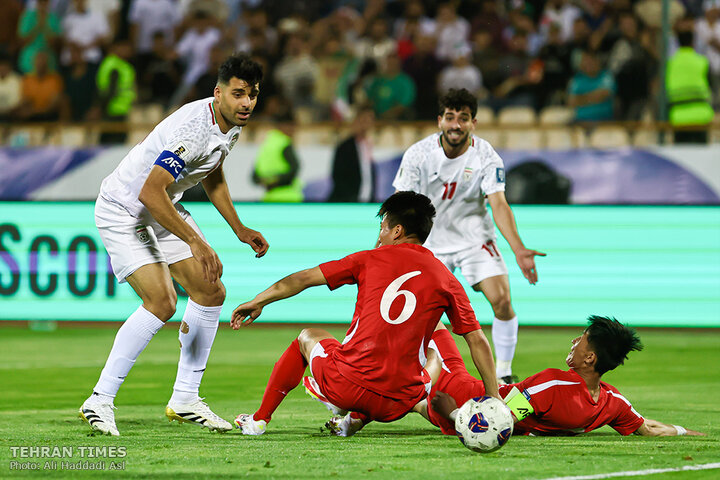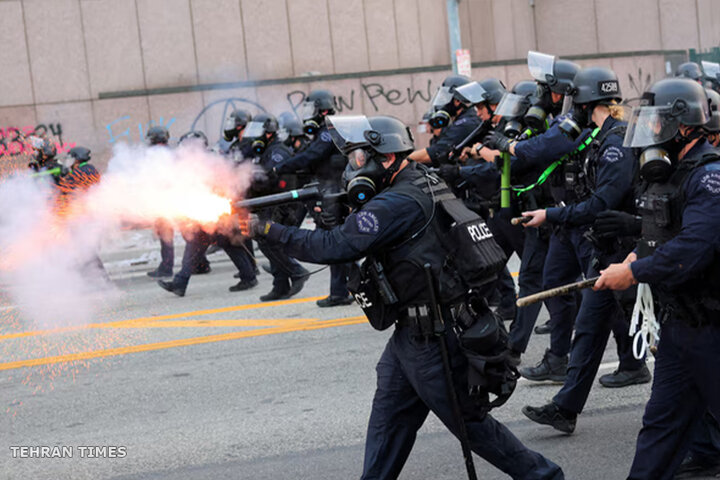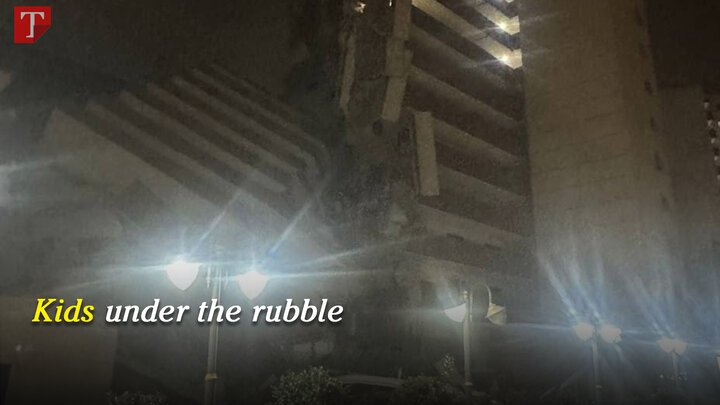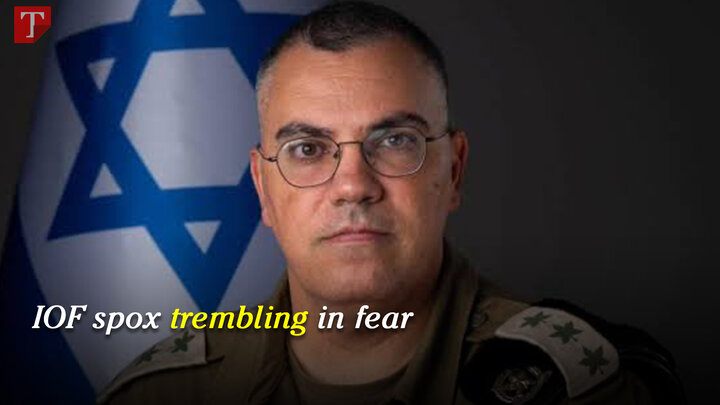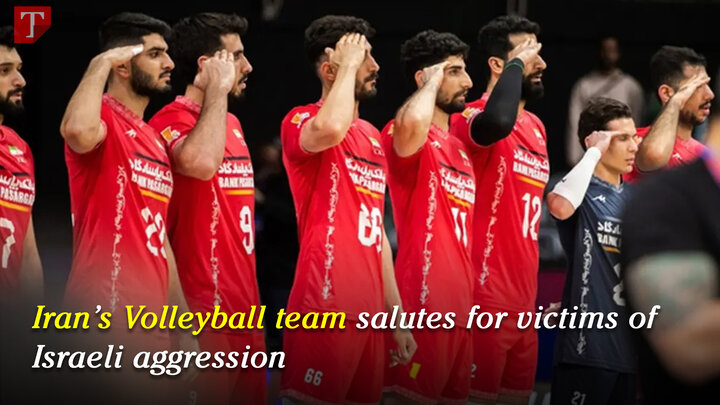-
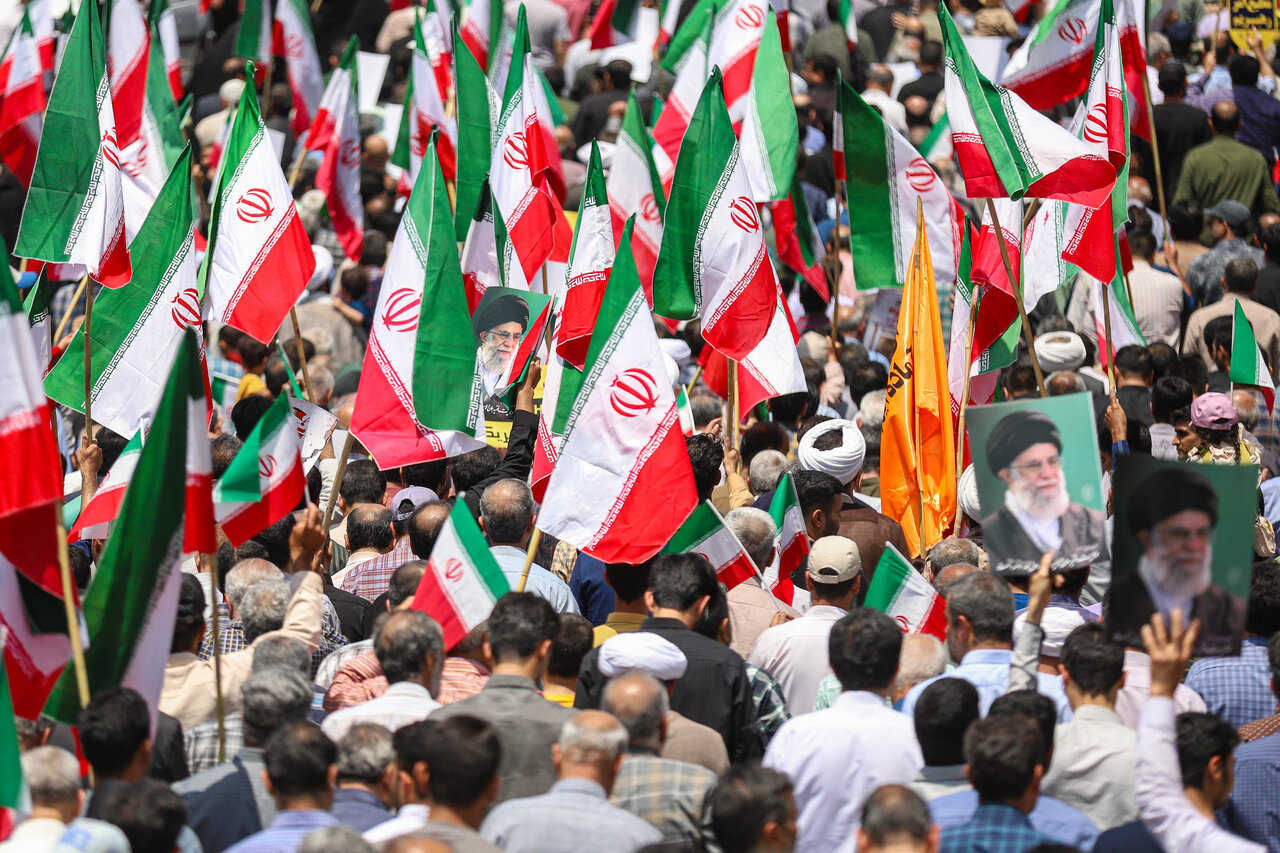 2025-06-14 20:16
2025-06-14 20:16
By Afshin Majlesi
Israelis in shelters, Iranians in the streets
Religious ceremony turns into thunderous call for revenge against Israel
TEHRAN – What began as a solemn religious gathering in the heart of the Iranian capital erupted into one of the largest anti-Israel demonstrations in recent memory, as millions of Iranians filled the 10-kilometer stretch between Imam Hossein and Azadi squares on Saturday evening.
-

By Mona Hojat Ansari
As long as it takes
Iran begins retaliatory strikes against Israel after regime kills civilians, officials, and scientists in direct aggression
TEHRAN – Less than two weeks before her 24th birthday, Parniya Abbasi was spending Thursday night with her family in their apartment complex, making the most of her weekend before returning to her cherished job at Iran's central bank—a position she valued so much, she'd postponed her master's degree in English, her close friend, Maryam, told Iranian media.
-

Saudi Arabia warns Israel is trying to drag U.S. into conflict with Tehran in call to Pezeshkian
TEHRAN — During a phone call with Iranian President Masoud Pezeshkian on Saturday, Saudi Crown Prince Mohammed bin Salman warned that Israel is making every effort to draw the United States into a conflict with Iran.
-
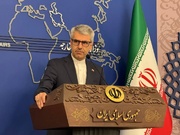
By Esmaeil Baqaei, spokesman of Iran’s foreign ministry
Israel's war of aggression and Iran's legitimate response
The world must be united to counteract the aggressor
TEHRAN – In the early morning hours of 13 June 2025, Israel launched an unprovoked, large-scale armed attack against Iran. This was an egregious act of aggression by every definition. Through coordinated air, missile, and drone strikes, it targeted residential neighborhoods, civilian infrastructure, public authorities, and nuclear facilities subject to International Atomic Energy Agency (IAEA) safeguards.
-
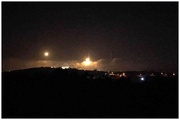
10 Israeli aircraft downed across Iran
TEHRAN - Brigadier General Alireza Sabahifard, Commander of the Khatam al-Anbiya Air Defense Base, announced that within the past hour, 10 hostile aircraft belonging to the Zionist regime were shot down in various parts of the country.
-
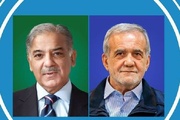
Further acts of Israeli aggression would be met with more forceful response from Iran: Pezeshkian
TEHRAN – Iranian President Masoud Pezeshkian has issued a stark warning to Israel, stating that any further acts of aggression would be met with an even more forceful response from Iran’s armed forces.
Politics
-
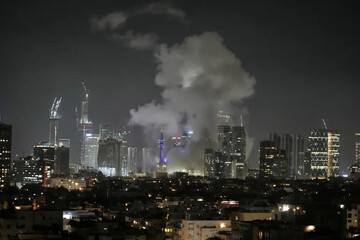
Air raid sirens sound in occupied territories as Iran launches new wave of retaliatory strikes
TEHRAN – Air raid sirens were activated in occupied territories on early hours of Saturday, according to local news sources, signaling a potential incoming attack or security threat.
-
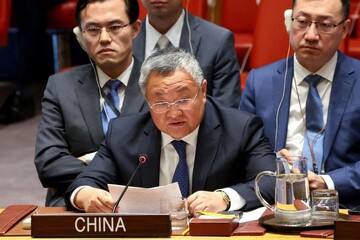
China condemns Israeli strikes on Iran, warns of 'red line' breach
TEHRAN – China’s Permanent Representative to the United Nations has strongly criticized Israel for the violation of Iran’s sovereignty and a dangerous escalation in the region.
-
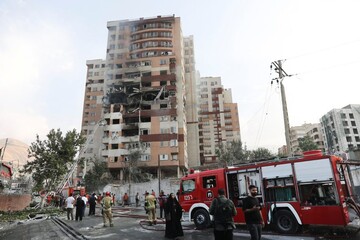
Uruguayan Muslim Women's Organisation condemns Israeli attacks on Iran
The Fatima Zahra Muslim Women's Organisation of Uruguay has issued a statement strongly condemning Israel's recent military aggression against the Islamic Republic of Iran, calling the attack a violation of international law and an addition to the Netanyahu regime's crimes against humanity.
Sports
-

Iranian Pilates coach killed in Israeli attack
TEHRAN – In a tragic consequence of Israel’s latest assault on civilian areas in Iran, Iranian Pilates coach Niloufar Ghalehvand was killed during Friday’s strikes on Tehran.
-
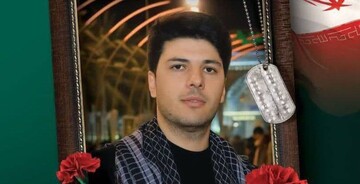
Iranian national shooting athlete Toumari martyred in Israeli attack
TEHRAN - Hamid Toumari, a prominent Iranian shooting athlete and a member of the Islamic Revolutionary Guard Corps (IRGC), was martyred early Saturday, June 14, in defense of Iran against the Zionist regime’s recent aggression.
-

Promising Iranian equestrian martyred alongside family in Israeli airstrike
Tehran - Mehdi Pouladvand, a rising star in Iranian equestrian sports and member of Alborz Province’s team, was martyred along with his family in an Israeli airstrike targeting residential areas in Iran early Friday.
Culture
-

Holocide international art competition concludes with prize announcements in Tehran
TEHRAN – The closing ceremony of the 3rd International Cartoon, Caricature, and Poster Contest Holocide was held at the Tehran Municipality building on Thursday, featuring the announcement of winners and distinguished guests.
-
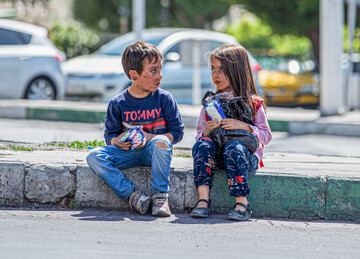
Iranian short film “Unparallel World” wins at Lighthouse Film Festival
TEHRAN – The Iranian short film “Unparallel World,” written and directed by Mohamad Yaraghi, won a prize at the 17th Lighthouse International Film Festival (LIFF), which was held in Long Beach Island, New Jersey, the United States.
-
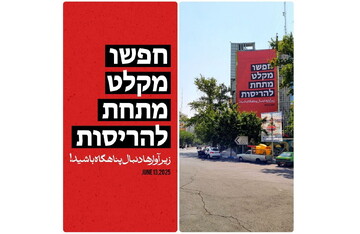
Cultural authorities, artists condemn Zionist regime’s attack on Iran
TEHRAN – Following the Zionist regime’s attack on Iran and the martyrdom of military commanders, nuclear scientists, and innocent civilians, Iranian cultural authorities and organizations as well as artists in separate messages on Friday condemned this blatant violation of the Islamic Republic’s sovereignty and expressed condolences and solidarity with the families of the martyrs and victims of these crimes.
Economy
-
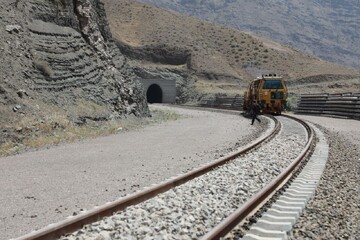
Iran, Turkmenistan, Uzbekistan sign protocol to expand rail co-op
TEHRAN - The heads of the railways of Iran, Turkmenistan, and Uzbekistan signed a trilateral cooperation protocol on the sidelines of the CIS Council for Railway Transport summit, aiming to enhance rail connectivity and streamline regional logistics.
-

Iran, Serbia sign exhibition cooperation agreement
TEHRAN - During an official visit by an Iranian delegation to Serbia for the 2027 Belgrade International Expo Planning Summit, Iran and Serbia signed a memorandum of understanding (MOU) aimed at enhancing bilateral cooperation in the exhibition sector.
-
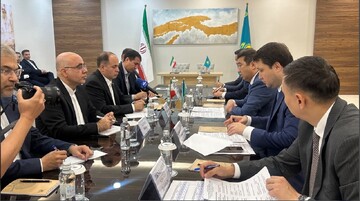
Iran, Kazakhstan reach agreements on economic, trade, logistics co-op
TEHRAN - The 20th session of the Iran-Kazakhstan Joint Economic Committee was held in Astana, the capital of Kazakhstan, with the participation of Gholamreza Nouri Ghezeljeh, Iran’s Minister of Agriculture and head of the Iranian delegation.
Society
-
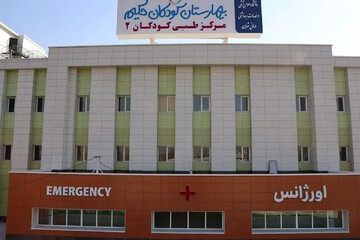
Israel’s ruthless aggression strikes Tehran pediatric hospital
TEHRAN – In a shocking escalation late Friday night, an Israeli-launched projectile struck the perimeter of Hakim Children’s Hospital in southern Tehran. The incident, which occurred amid a broader wave of attacks targeting the Iranian capital, fortunately resulted in no injuries, hospital officials confirmed.
-
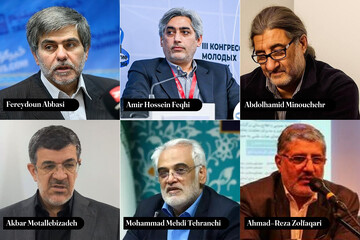
Iranian scientists martyred in Israeli strikes
TEHRAN –Six Prominent Iranian nuclear scientists have been killed in Israel’s attacks on Iran, three of whom were among noted professors of Shahid Beheshti University.
-
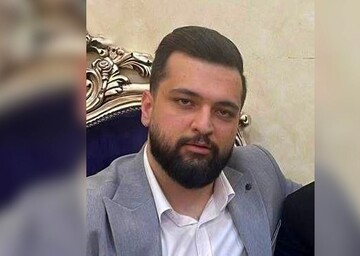
Israeli missile strike kills Iranian engineering student and his wife
TEHRAN- An Iranian university student and his wife were martyred in the early hours of Friday as a result of a deadly missile attack by the Zionist regime targeting residential areas in Iran.
Tourism
-
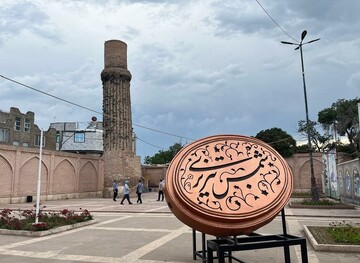
Shams Tabrizi mausoleum gets major boost with new funding
KHOY, West Azarbaijan province – The Iranian government has allocated 30 trillion rials (approximately $375,000) to advance the long-delayed construction of the mausoleum of Shams Tabrizi, the famed Sufi mystic and spiritual mentor of the celebrated Persian poet Rumi.
-
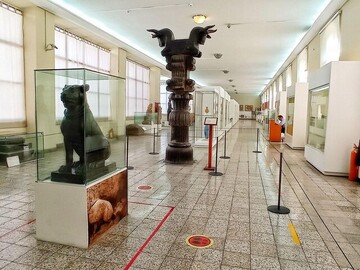
Iran transfers priceless museum artifacts to secure storage amid Israeli strikes
TEHRAN – In response to recent Israeli attacks on Iranian territory, Iranian authorities have completed the emergency transfer of key historical artifacts from major museums to secure storage facilities across the country, sources told on Friday.
-
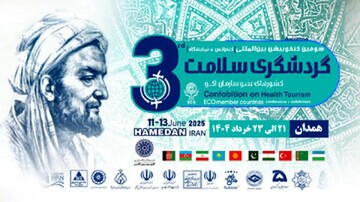
Where history meets healing: Hamedan welcomes ECO member states for major health tourism event
TEHRAN - Hamedan is fully prepared to host the 3rd ECO Confobition on Health Tourism, according to the province’s Governor-General Hamid Molanouri-Shamsi.
International
-
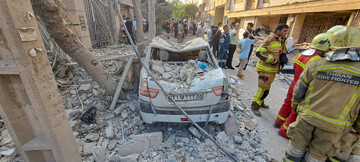
China condemns Israel's 'military adventurism' against Iran; U.S. calls strikes 'excellent'
BEIJING - In a powerful demonstration of diverging global perspectives, China has strongly condemned Israel’s recent unprovoked strikes against Iran, labeling them as military adventurism. The condemnation comes as the United States openly praised the attacks, with President Donald Trump calling the airstrikes “excellent,” further fueling tensions in the already volatile West Asia (Middle East)
-
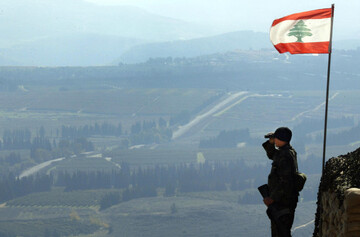
Southern Lebanon on brink of heated tension
SOUTH LEBANON — The violent Israeli raids on Lebanon on the eve of Eid al-Adha provoked the Lebanese Army Command to issue a strongly worded statement, including an unprecedented warning to freeze its cooperation with the Ceasefire Supervision Committee.
-

Yemeni missiles hit back at Tel Aviv
TEHRAN – Yemeni forces struck back at Israel just 24 hours after the occupation regime launched an attack on the port city of Hodeidah.
Most Viewed
-
Third F-35 fighter jet downed in Iranian territory, two Israeli pilots now in custody
-
10 Questions and Answers About Israel’s Attack on Iran
-
Iran downs two Israeli jets, captures one pilot as tensions simmer
-
Footage shows massive destruction in Israel after two rounds of Iranian missile attacks
-
Iran hits Israel with ballistic missiles, intelligence shows high success rate
-
Israel’s final roar: ‘Rising Lion’ will provoke a storm only Iran can unleash
-
Iran summons Swiss envoy over US support for Israel in attack on Iran
-
Iran penetrates Israel with drones after five waves of missile strikes pummel occupied territories
-
Leader vows 'severe punishment' after Israeli attacks kill commanders, scientists
-
'Strategic sites' hit as new wave of Iranian ballistic missiles reach Israel
-
IRGC chief assassinated in Israeli strike in Tehran
-
Pezeshkian: Iran will make Israel repent its ‘stupid acts’
-
Bitter and painful fate awaits Israel: Iran’s new IRGC chief
-
General Mousavi named Chief of Staff of Iran’s Armed Forces
-
Iran says US responsible for Israeli aggression as regime’s 'primary supporter'
